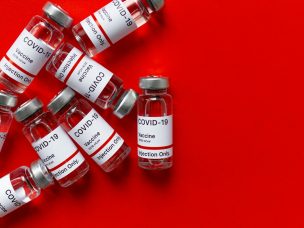TUESDAY, Oct. 13, 2020 (HealthDay News) — For patients undergoing elective cancer surgery, use of dedicated COVID-19-free surgical pathways is associated with lower rates of pulmonary complications, according to a study published online Oct. 6 in the Journal of Clinical Oncology.
James C. Glasbey, M.B.B.Ch., from the University of Birmingham in the United Kingdom, and colleagues conducted an international, multicenter cohort study involving patients who underwent elective surgery for 10 solid cancer types without preoperative suspicion of severe acute respiratory syndrome coronavirus 2 (SARS-CoV-2). Hospitals were defined as having a COVID-19-free surgical pathway (complete segregation of operating theater, critical care, and inpatient ward areas) or no defined pathway (incomplete or no segregation, areas shared with COVID-19 patients) at the time of surgery.
Overall, 2,481 of the 9,171 patients were operated on in COVID-19-free surgical pathways. The researchers found that the pulmonary complication rate was lower with COVID-19-free surgical pathways according to adjusted analyses (2.2 versus 4.9 percent; adjusted odds ratio, 0.62). In sensitivity analyses for low-risk patients, propensity score-matched models, and patients with negative SARS-CoV-2 preoperative tests, the results were consistent. In COVID-19-free surgical pathways, the postoperative SARS-CoV-2 infection rate also was lower (2.1 versus 3.6 percent; odds ratio, 0.53).
“We recommend that COVID-19-free areas are set-up in all countries currently affected by the pandemic, including those likely to suffer from future waves,” Glasbey said in a statement.
Abstract/Full Text (subscription or payment may be required)










